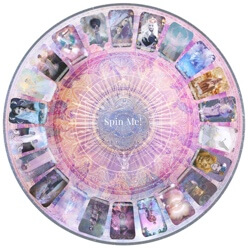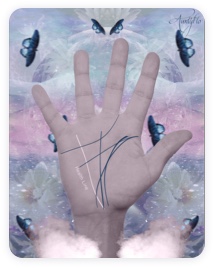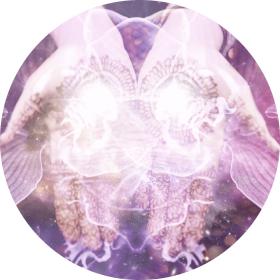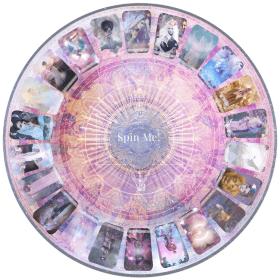Pagandom
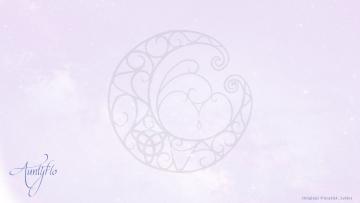
Uncover hidden spiritual meanings
An area that is home to a multitude of pagans.
The world of paganism collectively.
This term is generally used to speak of the pagan culture as popularized in Western traditions. More popular as a term in the US, especially in the early to mid 1990's when the Wiccan movement became culturally relevant, this term is a colloquial phrase to represent the pagans as a whole movement, rather than the focus on one independent tradition. It is a somewhat outdated term, one that you will find being used with practitioners that came into their awakened spiritual path in the late 1900's or earlier. It is said to be an adaptation of the root word pagan and the suffix dom, meaning "home of" or "land". The term has been adapted to represent the homeland for pagans as a cultural, literal and figurative term.
Even so, this term is still relevant and one that you should at least be familiar with when you consider that pagan itself is a relative term. Anyone that adheres to a polytheistic, non-Islamic or Judeo religion can be considered pagan. Because of this, the term pagan, in itself is rather narrow. Pagandom refers to the people under the pagan religions that practice witchcraft.
They can be Wiccan, witches, eclectic practitioners but most of them will at least agree on the general concept that there is a universal force of life and more often than not will narrow the faiths down to those which also accept that there is a type of god and goddess head, the practice of magic (or magick), and those that understand their ability to inherently interact within the physical confines of elemental and other spiritual forces. Beyond these agreements, the pagandom, do not always agree on the tenants of practices. Think of a crowd that you may see at a pagan festival. You may see people who worship only a goddess and those that follow strict Norse or Druid traditions. There are times when all of these individuals may come together. When this happens, you can witness pagandom in it's more literal sense.
With modern apps and social media, pagandom is also represented across the web. Much like the cultural consciousness of the movement, which dictates the familial connection through all practitioners, the online presence of pagandom is also very much a factor. It dictates social norms of behavior as would be expected at public events and the general understandings that are present between practitioners, even if they don't do so in the same way.
On the other hand, sometimes the term pagandom references a physical location. Originally, this was a hearth or a circle area, bringing multiple covens together as a place where they could practice together in similar practices. The pagandom in modern history was often a group campground or banquet hall where a large number of people could collaborate and work together.
However, in the more modern sense, pagandom can also indicate a virtual location. Websites for covens often have group chat or message boards where new members can be introduced, planning for upcoming events can happen and the group can communicate even if they are unable to be near to one another in the physical realm.
By Florance Saul
Feb 24, 2017


